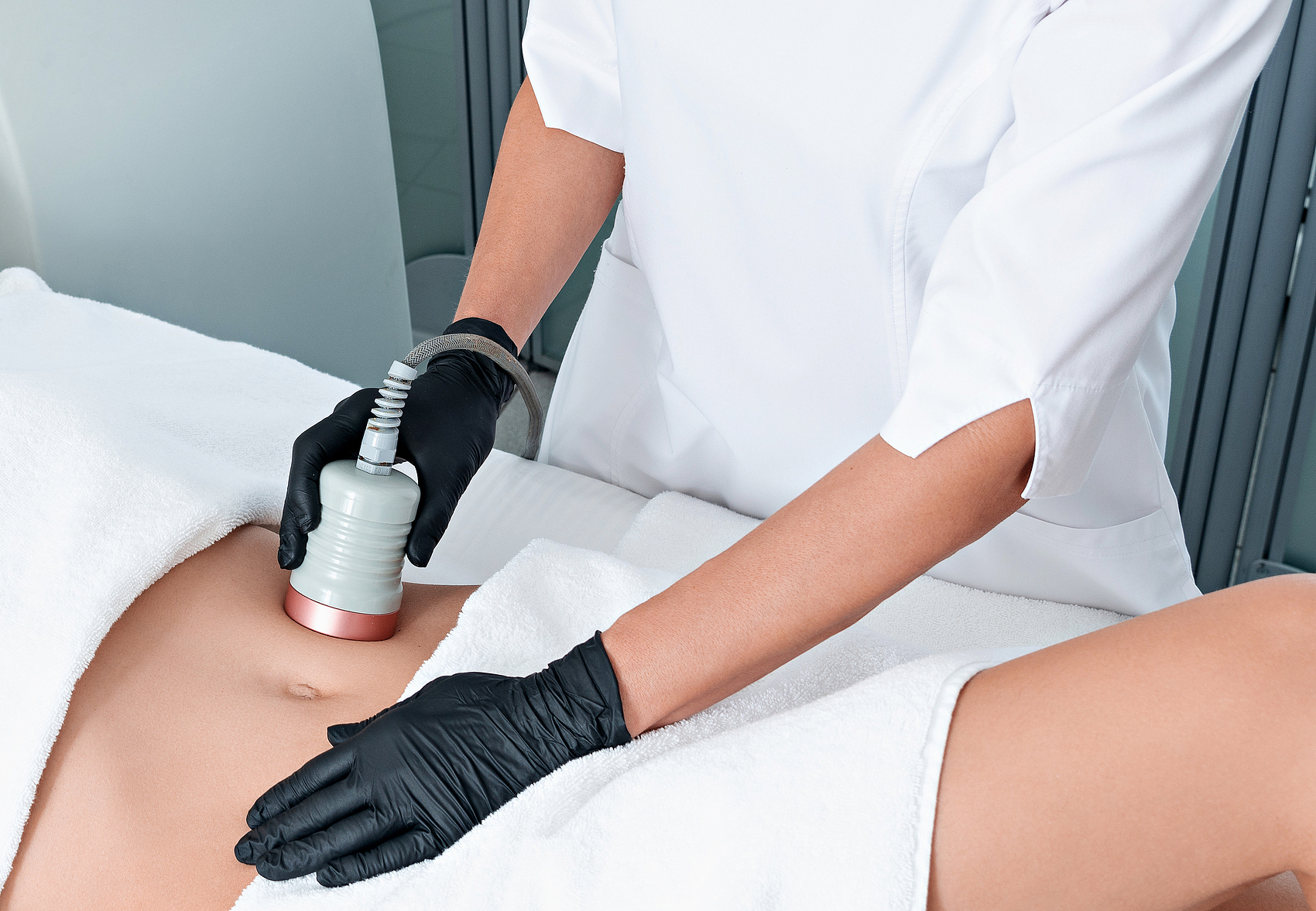For new mothers, the body is relatively weak after childbirth, and the immune system also faces many challenges. It is very important to strengthen the immune system after childbirth. It not only helps the body recover quickly, but also better cope with various situations in the process of caring for the baby. The following are 3 simple but effective suggestions to help new mothers improve the health of the immune system after childbirth.
1.Reasonable diet, plus immunity
Postpartum diet plays a fundamental role in the recovery of the immune system. New mothers must first ensure adequate protein intake. Lean meat, fish, beans, eggs and dairy products are all high-quality sources of protein. Protein is a key nutrient for the body to repair and maintain the normal function of immune cells. For example, the iron in lean meat can also prevent common iron deficiency anemia after childbirth, further improve the overall health level of the body and enhance immunity.
Fresh fruits and vegetables are also indispensable. Oranges, strawberries, kiwis, etc. rich in vitamin C can promote the production of white blood cells and enhance the body’s antiviral ability; while carrots, spinach, etc. rich in vitamin A can help maintain the integrity of the respiratory and digestive tract mucosa and block the invasion of pathogens. In addition, whole grain foods such as oats and brown rice provide the body with continuous and stable energy and support the efficient operation of the immune system. In terms of cooking methods, try to choose steaming and stewing, and reduce frying and pan-frying to retain the nutrients of food.
2.Moderate exercise to activate immune vitality
Many new mothers think that they are weak after childbirth and should not exercise, but this is not the case. Moderate exercise can effectively activate the immune system and promote physical recovery. If the physical condition after childbirth allows (generally 2-3 days after normal delivery and 1 week after cesarean section), new mothers can start with a simple walk. Walk slowly in the community or indoors for 15-30 minutes every day, and gradually increase the amount of exercise. Walking can promote blood circulation, make immune cells circulate more efficiently in the body, and identify and eliminate pathogens in time.
As the body recovers, postpartum yoga is also a good choice. Some gentle stretching movements in yoga, such as cat-cow pose and downward dog pose, can help enhance the body’s flexibility, relieve postpartum muscle tension, and regulate the endocrine system and enhance immunity. However, when practicing yoga, you must do it under the guidance of professionals to avoid physical damage caused by excessive force.
3.Get enough sleep to repair the immune defense line
Sleep is the golden time for the body to repair itself and strengthen the immune system. For postpartum mothers, sleep is often disturbed because they need to take care of the baby frequently. But it is crucial to create conditions to ensure adequate sleep as much as possible. When the baby is sleeping, mothers should also try to rest with them. Even if they just close their eyes and rest, they can relax their bodies to a certain extent.
It is equally important to create a good sleeping environment. Keep the bedroom quiet, dark and at a suitable temperature. Avoid using electronic devices before going to bed to prevent blue light from interfering with sleep. If possible, let family members help share the work of taking care of the baby at night, so that new mothers can have several consecutive hours of deep sleep. Adequate sleep can prompt the body to secrete more immune factors, repair damaged immune cells, and strengthen the defense capabilities of the immune system.
Postpartum immune system health is not out of reach. Through three simple daily actions of reasonable diet, moderate exercise and adequate sleep, new mothers can gradually improve their body’s immunity and meet the beauty and challenges brought by new life with a fuller mental state. Take good care of yourself so you can better take care of your baby.








